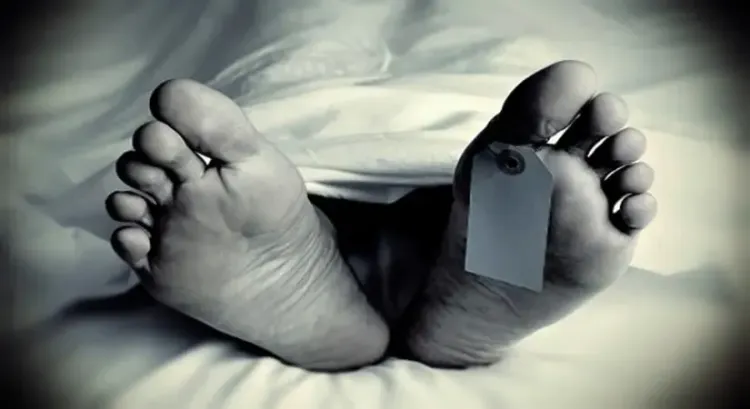Did Medical Negligence Cause the Death of a 26-Year-Old Woman After Delivery at Thiruvananthapuram MCH?

Synopsis
Key Takeaways
- Tragic death of a 26-year-old woman raises concerns about hospital practices.
- Family alleges medical negligence following childbirth.
- Infection linked to Acinetobacter bacteria.
- Hospital denies allegations, awaiting further medical reports.
- Calls for inquiry into the circumstances surrounding her death.
Thiruvananthapuram, Nov 9 (NationPress) The family of a 26-year-old woman, who tragically passed away while receiving treatment at the Thiruvananthapuram Medical College Hospital (MCH), has accused the SAT Hospital for Women and Children of medical negligence. They claim that she developed a serious infection following childbirth.
The deceased, Shivapriya, originally from Karikkakam, had given birth to her second child, a baby boy, through a normal delivery at SAT Hospital on October 22.
She was discharged on October 25, just three days post-delivery.
However, shortly after returning home, she began experiencing fever and other severe symptoms, prompting her family to rush her back to the hospital the very next day.
According to her brother Shivaprasad, Shivapriya's health declined rapidly.
"She was transferred to the multi-speciality wing of the Medical College as her infection worsened. She spent two days in the ICU and was later placed on a ventilator. By Sunday afternoon, we received the devastating news of her passing," he reported.
He alleged that the infection originated from her stitches after delivery.
"The infection spread to her bloodstream and lungs. We were informed that it was caused by Acinetobacter, a bacteria commonly found in hospital settings. My sister had no complications during her first delivery two and a half years ago, indicating that this situation is clearly a result of hospital negligence," he asserted.
Shivapriya is survived by her husband Manu, a welder, and their two children, including the newborn.
The family has called for an inquiry into the circumstances surrounding her death and urged the Health Department to take stringent action if any lapses are discovered.
In response, SAT Hospital Superintendent Bindu denied any allegations of negligence.
"The infection seems to be local. If it had been contracted during her hospital stay, symptoms would have manifested much earlier. She only developed fever and diarrhea after her discharge," Bindu stated.
She further emphasized that no similar infection cases have been reported among other patients in the ward.
"Based on the current information, we see no fault on the hospital's part. However, we are awaiting a detailed medical report for further confirmation," she added.
Health authorities are expected to review the case following the family's complaint.









